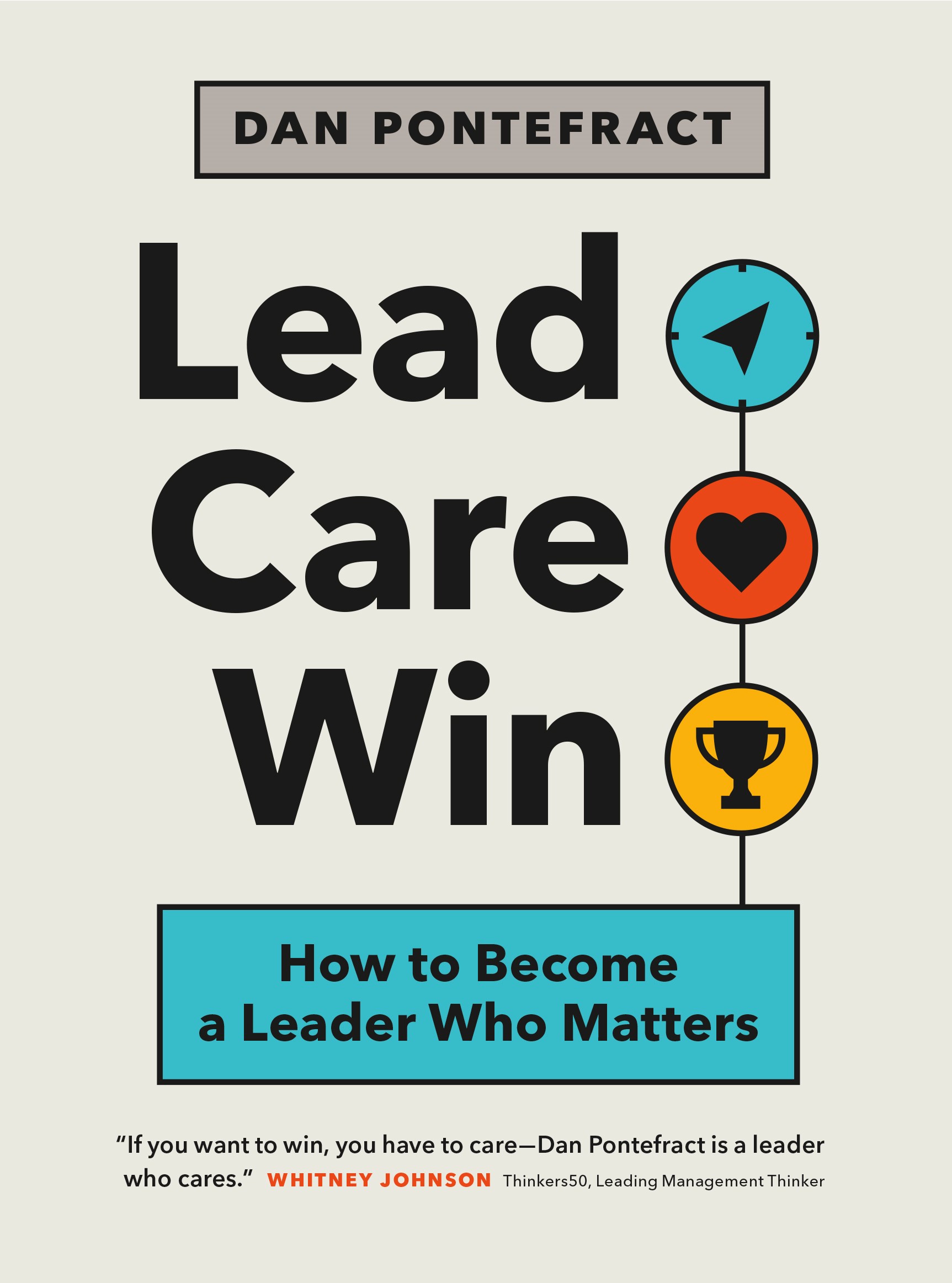Dan Pontefract is the founder and CEO of Pontefract Group, a firm that improves the state of leadership and organizational culture.
He is the best-selling author of four books: LEAD. CARE. WIN. How to Become a Leader Who Matters, OPEN TO THINK, THE PURPOSE EFFECT and FLAT ARMY. A renowned speaker, Dan has presented at four different TED events and also writes for Forbes and Harvard Business Review. Dan is an adjunct professor at the University of Victoria, Gustavson School of Business and has garnered more than 20 industry awards over his career.
Dan is honoured to be on the Thinkers50 Radar list. HR Weekly listed him as one of its 100 Most Influential People in HR. PeopleHum listed Dan on the Top 200 Thought Leaders to Follow and Inc. Magazine listed him as one of the top 100 leadership speakers.
His third book, OPEN TO THINK won the 2019 getAbstract International Book of the Year. LEAD. CARE. WIN. was a finalist for the same award in 2021.
Previously as Chief Envisioner and Chief Learning Officer at TELUS—a Canadian telecommunications company with revenues of over $14 billion and 50,000 global employees—he launched the Transformation Office, the TELUS MBA, and the TELUS Leadership Philosophy, all award-winning initiatives that dramatically helped to increase the company’s employee engagement to record levels of nearly 90%. Prior to TELUS, he held senior roles developing leaders, team members, and customers at SAP, Business Objects and BCIT.
Dan and his wife, Denise, have three children (aka goats) and live in Victoria, Canada.




